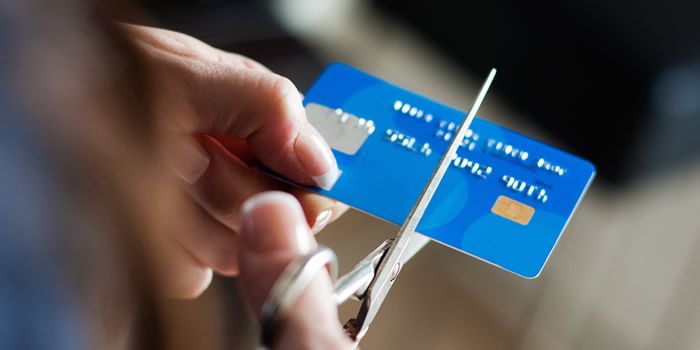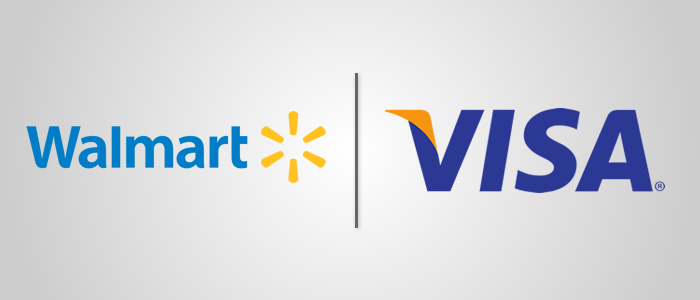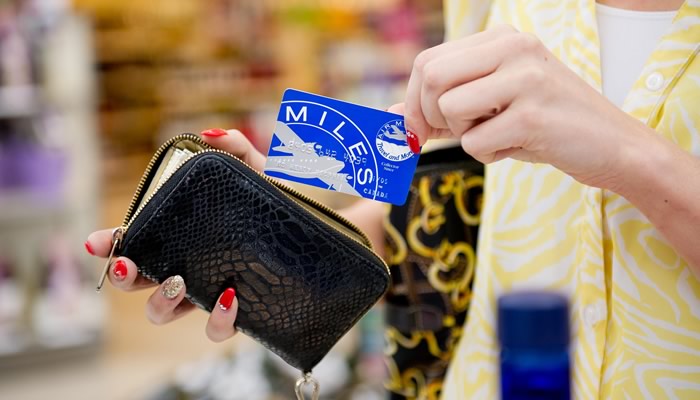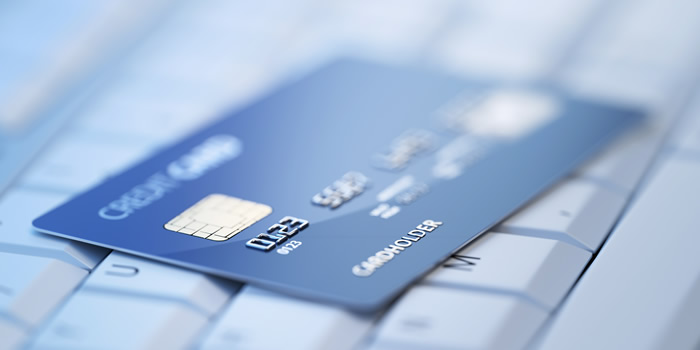4 Things Not to Charge on Your Credit Card
Posted February 20, 2016 - updated April 27, 2016 in Credit Card Tips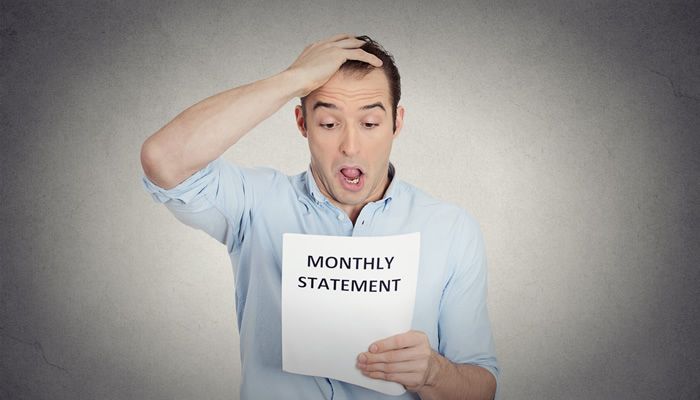
Credit cards have become ubiquitous in our society. Credit cards outnumbers Canadians by over a two-to-one ratio. There are over 72 million MasterCard and Visa cards in circulation in Canada, according to the Canadian Bankers Association.
While credit cards are great for buying things like groceries and gas, they aren’t necessarily ideal for all purchases. Last week we covered 4 Things to Charge on Your Credit Card. This week we wanted to go along a similar theme and look at 4 things you shouldn’t charge on your credit card. Here are some situations when using your credit card may not make sense.
1. Purchases You Can’t Afford
The number one rule in credit card usage is to only buy what you can afford to pay off in full once your credit card statement comes due. Before you tap or swipe your credit card, ask yourself whether you can afford this purchase. If the answer is no, you probably shouldn’t be charging it on your credit card. Not only do credit cards come with sky-high interest rates – the typical interest rate starts at 18.99 percent – they can drag down your credit score. Show some spending discipline or only bring your credit card when you plan to make purchases you can afford.
2. Impulse Buys
Almost everyone is guilty of impulse buying from time to time. Impulse buying is any unplanned spur-the-moment decision you make moments before purchasing. Avoiding impulse buys can be tough – and retailers don’t make it any easier. Gum, candy and magazines can be found near the cash register for customers looking to indulge while waiting in line. On their own, small purchases don’t amount to much, but over time they can put a dent in your wallet and add up on your credit card statement. Do yourself a favour and just say no. Try eating before you leave home – it helps if you don’t show up at the supermarket on an empty stomach.
3. Travelling
Sometimes when you’re travelling, using your credit card just isn’t practical. For example, if you’re travelling to the outskirts of Nairobi, you probably shouldn’t depend on your credit card. You’ll be lucky enough find an ATM, let alone somewhere that accepts credit cards. Do your research ahead of time when travelling and make sure you’re prepared. Sometimes it’s best to bring cash (be sure to get a favourable exchange rate while you’re at it). If you’re travelling to somewhere where credit cards are accepted, be sure to bring a credit card that offers a competitive foreign exchange rate.
4. Paying Off Credit Card with Other Credit Cards
If you’re playing “musical chairs” and using one credit card to pay off the balance of another, you’re in over your head. Do yourself a favour and seek help. Help comes in many forms, including credit counseling and debt consolidation. If you’re only making the minimum payment on your credit card and not even covering the interest, get help before it’s too late. The last thing you want to do is file for bankruptcy and ruin your credit score.
The Bottom Line
While credit cards are good for some purchases, they don’t necessarily make sense for all purchases. Hopefully you’ve learned a valuable lesson or two about using your credit cards responsibly.

